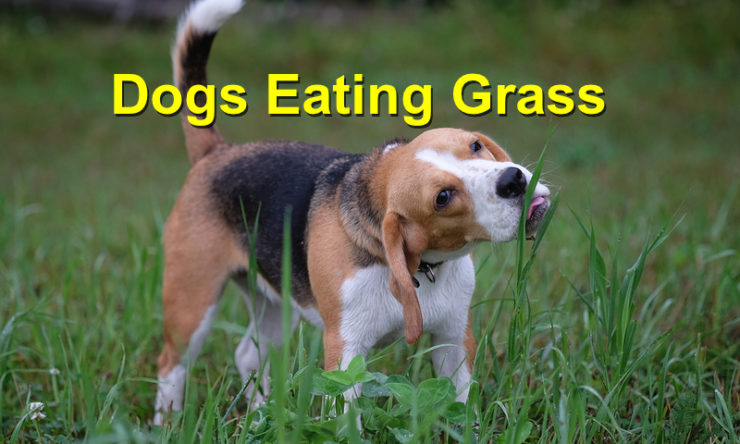Dog behavior 101: Dogs eating grass and theories explaining the condition
Dogs can be puzzling animals at times. As a dog owner, we would often see the dogs munch away on the grass in the yard or at the park. While this behavior still baffles researchers and pet parents alike, we sought to find out the truth behind why dogs eat grass. Here are possible reasons that can shed light on the possibilities as to why this happens.
- Self-medication
It is assumed that dogs would feed on grass as a remedy for their stomach upset. Particularly when not feeling well, dogs would induce vomiting to help them empty the contents of their stomachs. However, this remains mostly unconfirmed with a little over 20% of dogs showing vomiting after consuming grass.
- Seeking nutrients
Experts also attribute the grass-eating behavior to nutritional deficiencies. Unlike cats, dogs are not pure carnivores and would often munch on grass to gain nutrients the animal craves for, especially if it lacks in its diet. To curb this behavior, pet parents can opt to incorporate steamed pure vegetables such as spinach, broccoli or kales in their food.
- Boredom or anxiety
The lack of mental or physical stimulation is a significant challenge for dogs. Often when faced with no one to play within the yard, dogs might end up chewing grass out of boredom. Additionally, some dogs carry out this act to sniff scents and gather information on other animals within their territories.
- Inherited Trait
Another definitive reason that is up for debate is the assumption that Dogs inherited this grass eating trait from their progenitors in the wild, wolves, and foxes. These wild canines would eat the whole part of their herbivore preys including the stomach contents consisting of grass and plants. Over time, dogs acquired the taste for grass due to this ancestral diet.
Is it a concern?
Dogs are known to munch at practically everything they find and grass eating ranks as the least concern in the list. However, it is not advisable to encourage such behavior mainly if it involves manicured lawns containing herbicides, fertilizers, and pesticides. Apart from chemical poisoning, grass remains a haven for plenty of poisonous plants and parasite eggs, which can cause adverse effects to the pet. A last word of advice would be to watch out for frequent vomiting and excessive consumption of grass. Usually, this points out to signs of gastrointestinal issues that need a vet checkup for treatment.
Sources: Psychology Today, Dogs Naturally, New Scientist
Copyright: Local Value


